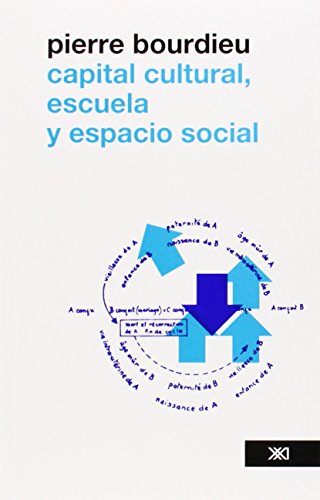
Author

Bourdieu pioneered investigative frameworks and terminologies such as cultural, social, and symbolic capital, and the concepts of habitus, field or location, and symbolic violence to reveal the dynamics of power relations in social life. His work emphasized the role of practice and embodiment or forms in social dynamics and worldview construction, often in opposition to universalized Western philosophical traditions. He built upon the theories of Ludwig Wittgenstein, Maurice Merleau-Ponty, Edmund Husserl, Georges Canguilhem, Karl Marx, Gaston Bachelard, Max Weber, Émile Durkheim, Erwin Panofsky, and Marcel Mauss. A notable influence on Bourdieu was Blaise Pascal, after whom Bourdieu titled his Pascalian Meditations. Bourdieu rejected the idea of the intellectual "prophet", or the "total intellectual", as embodied by Sartre. His best known book is Distinction: A Social Critique of the Judgment of Taste, in which he argues that judgments of taste are related to social position. His argument is put forward by an original combination of social theory and data from surveys, photographs and interviews, in an attempt to reconcile difficulties such as how to understand the subject within objective structures. In the process, he tried to reconcile the influences of both external social structures and subjective experience on the individual (see structure and agency).